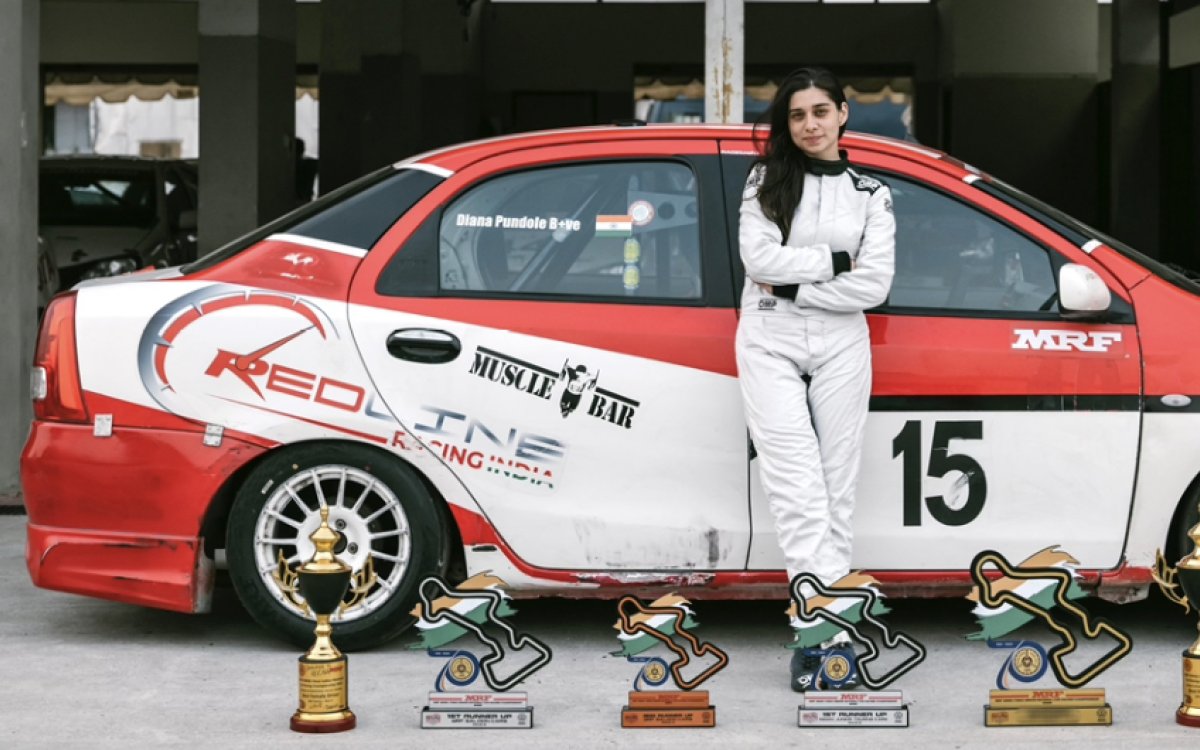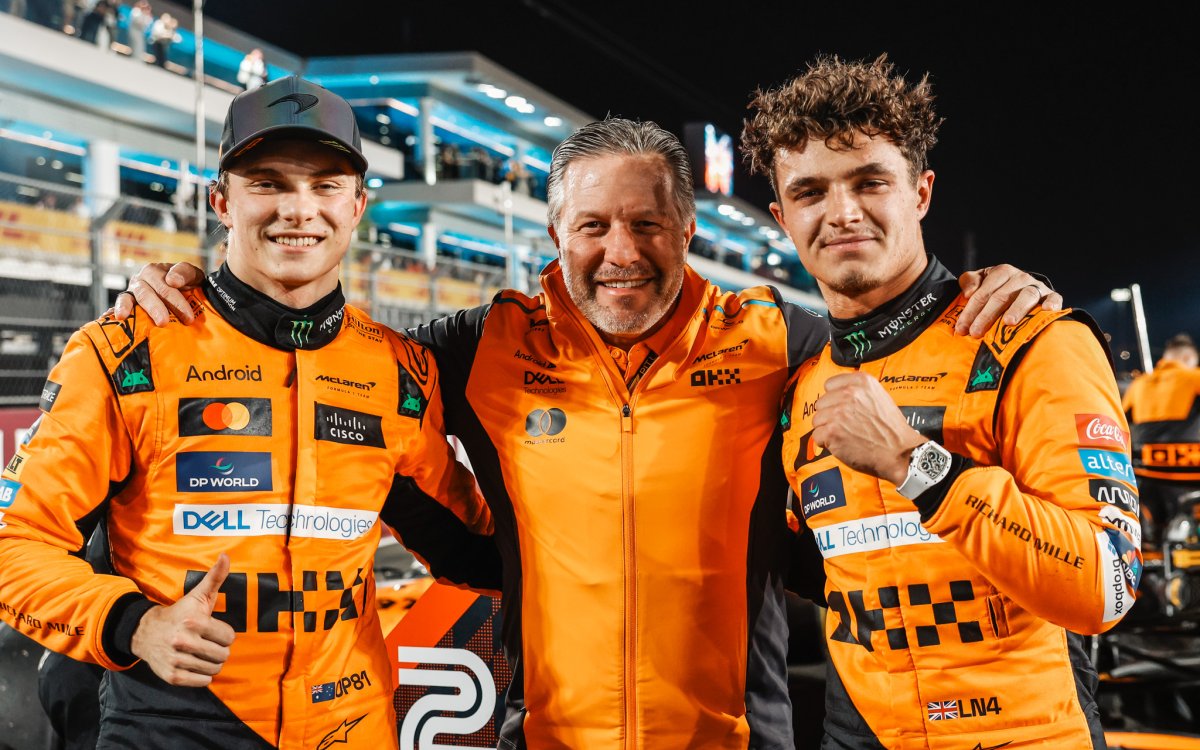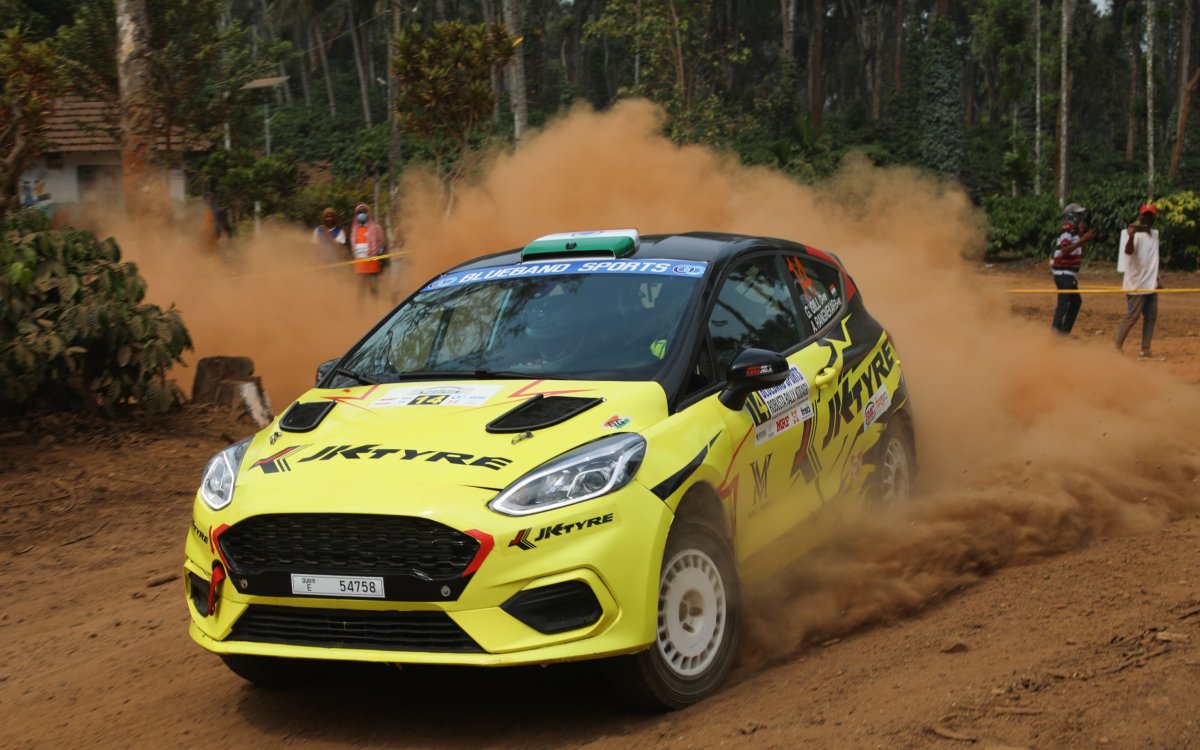FMSCI Indian Car Racing Championship: She confessed that winning the FMSCI Indian Car Racing Championship 2024 in the Saloon category has been a roller-coaster of emotions. Diana Pundole may be thrilled to be the first-ever woman to win a mixed-category championship in a Saloon car on a National Level. However, a mother of two and a teacher from Pune, was not aware of this until she stepped out of her vehicle after the last race and was approached by excited media people.
“And that is when it struck me that I had made history. I had been so focused on the season’s races that all my energies and concentration were devoted to the top spot of the podium. I did not think about the championship at all, I just wanted to win as many races as I could. This of course, was a long and gruelling path of hard work, maintaining peak physical fitness, mental fortitude, and a whole lot of sacrifices made where my family, friends, and social life took a back seat,” Diana told IANS.
For someone,who has always been fascinated with being behind the wheel ever since her parents drove in the quiet lanes in Pune, where she grew up, Diana loved going-karting as a child, but never thought of it as anything more than a hobby.
“This of course, was exacerbated by the environment I was exposed to, which was extremely conducive to the spirit of competition in racing. My late father religiously watched F1 races every Sunday and we were glued to the screen with him. His excitement rubbed off on us all and we too loved the sport and learned to understand motorsport. As soon as I was 17 years old, my mother was quick to recognise my excitement and eagerness to learn to drive a manual car, which I mastered in no time. Since then, there hasn’t been a single time when I did not want to get behind the wheel of any given car. I am ever thankful for this gift, my talent- to her!” she said.
The first time Pundole was in the first lane was for the National Racing Championship 2018. Smiling that she did not go with any plan, the champ recalled, “There was a two-day Nationwide Talent Hunt competition held in 2018 for women in Coimbatore. The requirement was only to know the basics of driving. I decided to go with no intention of winning, but only to find out if a person like me could stand on the national level when it came to racing.
“It turned out that I was one of the top six winners who were awarded a year’s worth of sponsorship to participate in theNational Racing Championship that same year. That was my first ever experience in professional racing.”
Now that she had won a fully sponsored drive in a national championship, and decided to pursue this, her family had mixed feelings. “While they were worried but also proud. I had just won a fully sponsored drive in a national championship, it was a big deal. My father, who I wish had lived to see this day would have been my biggest supporter and it felt like he was pushing me forward to follow my heart and live my dream. Yes, the family was very supportive too, I wouldn’t have been able to pull this off without their unwavering support,” she asserted.
Talking about the dismal ratio of women in motorsports in India and Diana feels one of the main contributors to the lack of female drivers is finances. The sport has always been an expensive one given the mechanical intricacies of these cars and the people employed to produce the perfect engineering required for them to be in race condition.
“Also, usually racing drivers would have first started karting when they were around five or six years old. They would have needed exceptional talent to be noticed by a sponsor, or wealthy parents willing to pay for the best quality training. Women are rarely given the same encouragement on a micro level and from the same age; they tend to start training much later than men, thus it becomes hard for them to find sponsors or teams that would take a chance on them.”
With no formal training in motorsport before she started racing on a professional level with her peers, most of whom are seeded, well-trained race drivers, often from the second generation in their families, Pundole stresses, “We really need to create more awareness about the possibilities of careers in the world of motorsport and more training schools and courses in this area.”
Admitting that corporate backing is crucial for the growth and sustainability of motorsport in India, primarily due to the high costs associated with the same, she feels investments can lead to improved infrastructure, such as better racetracks and support services.
“This will benefit both the sport and the corporations involved. Brands can enhance their image by associating with exciting racing events, whilst motorsport gains prestige and reliability through established companies. Frankly, corporate backing is essential not only for the financial viability of motorsport in India but also for fostering a vibrant ecosystem that encourages participation, talent, and broader public engagement,” Diana feels.
Smiling that now the future holds endless possibilities for her, and she is going to meet her sponsors and coaches to calculate the most result-oriented plan for the immediate future, Diana said, “A strategy that will help me achieve my ultimate goal — to represent India at the international level to win races abroad. This win has opened doors to multiple possibilities in India itself in terms of endorsements and sponsorships.
“This will benefit both the sport and the corporations involved. Brands can enhance their image by associating with exciting racing events, whilst motorsport gains prestige and reliability through established companies. Frankly, corporate backing is essential not only for the financial viability of motorsport in India but also for fostering a vibrant ecosystem that encourages participation, talent, and broader public engagement,” Diana feels.
Article Source: IANS



